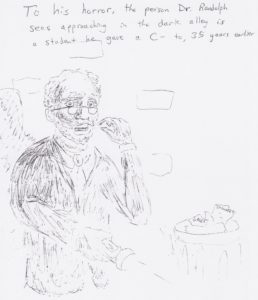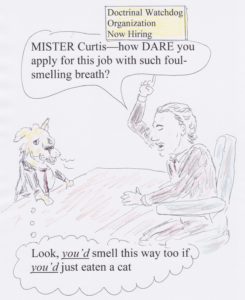When I travel to speak in various parts of the world, my hosts show me great hospitality. I miss my wife and kids, but otherwise life is pretty comfortable, apart from long flights. But that’s not always the case with people who relocate to new lands to live. My wife and children came to the United States from Africa so we could be together as a family, but when my wife was first an international student in France, she was sometimes destitute. At times when her scholarship was delayed, she subsisted on bread and water. (Part of her experience as an international student appears in a chapter of our book, Impossible Love.) Shared faith gave her a church family away from home, but life can be hard for immigrants, temporary or long-term, having to find homes in new cultures.
When Moses came to Midian, he rescued some young women from shepherds who were asserting their superior strength over them (Exod 2:16-17). But that left Moses without friends among the shepherds—and apparently without any other local friends either. Moses had nowhere to go and needed to be attached to some household, so he may have been disappointed when the young women he had helped left without inviting him home for a meal. Their failure was a breach of Middle Eastern hospitality, as their father quickly pointed out (2:20). A meal together established a covenant relationship, and Moses remained with Jethro, who gave him his daughter in marriage (2:21) perhaps something like how Jacob received not only a place to stay but eventually also a wife (or two) in Haran. Abram also broke bread with a priest of God Most High (Gen 14:18-20), and Joseph also married a priest’s daughter (her father’s office appears every time that Asenath is mentioned; Gen 41:45, 50; 46:20).
Also like Joseph (Gen 41:52), Moses gives one of his sons (Gershom) a name that signifies being a stranger in a foreign land (Exod 2:22). (One might also suggest that “Gershom” could play on how the shepherds “drove away” the daughters; cf. ygarshum in 2:17 with gershom in 2:22. But there seems no possible connection there except the sound.) Moses had grown up as a third-culture child, fully welcome in neither Hebrew nor Egyptian culture. Now he was again an outsider in Midianite culture. His previous background, however, helped prepare him for this status; those not fully attached to any culture are sometimes those best able to adapt to other cultures. His disadvantage in one setting has become his advantage in adjusting to another setting.
(For other posts on Exodus, see http://www.craigkeener.org/category/old-testament/exodus/.)



